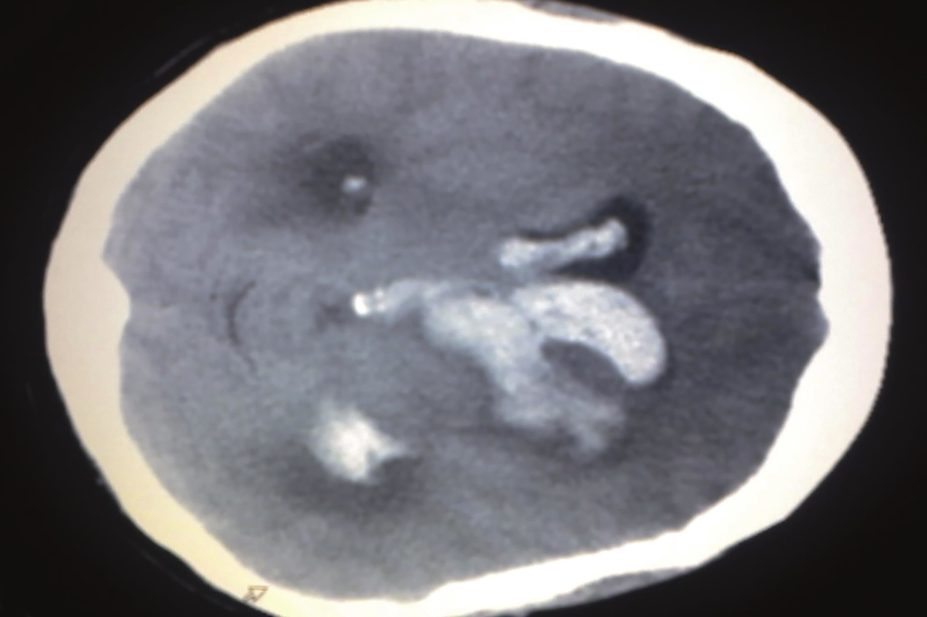
Wikimedia Commons
Studies of patients with atrial fibrillation (AF) have shown that non-vitamin K oral anticoagulants carry a lower risk of intracranial bleeding than warfarin. But the mean time in therapeutic range (TTR) in these studies was below 70%, suggesting suboptimal warfarin management.
Researchers from Sweden conducted a retrospective cohort study using data on 40,449 AF patients treated with warfarin over a six-year period to assess the relationship between warfarin management and complications.
They found that patients with an individual TTR above 70% had a significantly lower incidence of treatment complications. For example, in these patients, the rate of major bleeding was 1.61% compared with 3.81% among those with a lower individual TTR.
Reporting in JAMA Cardiology (online, 20 April 2016)[1]
, the team say the findings suggest that well-managed warfarin treatment remains a valid alternative in patients with AF who require stroke prevention therapy.
References
[1] Bjorck F, Renlund H, Lip GYH et al. Outcomes in warfarin-treated population with atrial fibrillation. JAMA Cardiology 2016. doi: 10.1001/jamacardio.2016.0199
You may also be interested in

Pharmacists made 150,000 patient interventions during anticoagulant safety audits, report finds

Some patients switched to edoxaban without being properly informed, pharmacists say
